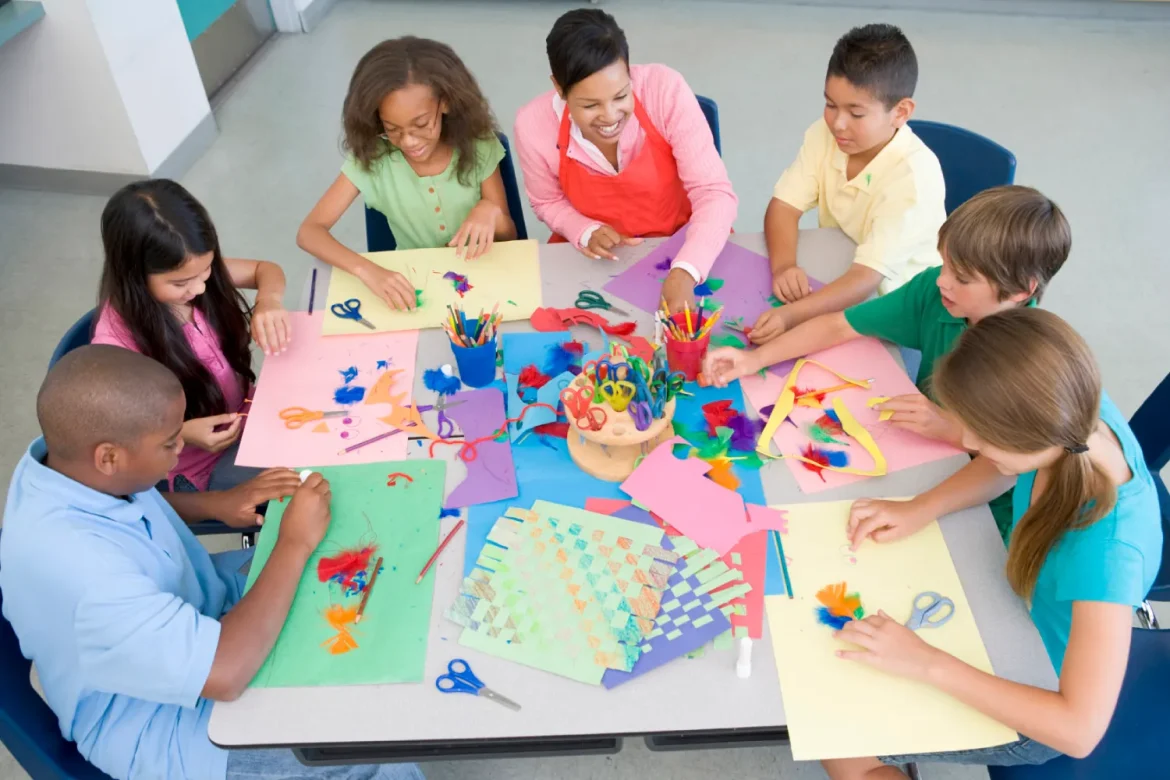Arts education often faces scrutiny in discussions about academic priorities, yet its value in shaping well-rounded learners remains clear. In the UK, subjects like music, drama, and visual arts contribute significantly to students’ personal development, creativity, and emotional expression. At a time when educational focus is shifting heavily toward core subjects, it’s important to recognise the broader contributions the arts make to learning.
Advertisement
Creative subjects encourage students to think independently, solve problems, and collaborate with others. Whether designing a sculpture, composing a melody, or acting in a school play, pupils engage with complex processes that involve planning, risk-taking, and reflection. These experiences enhance cognitive flexibility and resilience, skills that are transferable across all areas of life.
In many British schools, arts education also strengthens cultural awareness. Students explore traditions, perspectives, and histories through artistic expression, deepening their understanding of the world around them. This promotes inclusivity and empathy—qualities that are crucial in an increasingly diverse society. Cross-curricular projects, such as combining literature with theatre or history with visual arts, further enrich students’ engagement.

